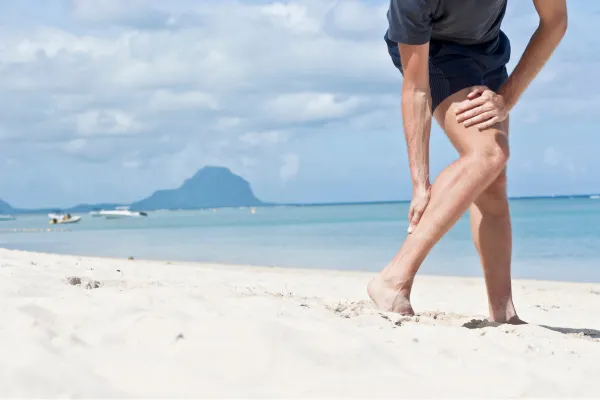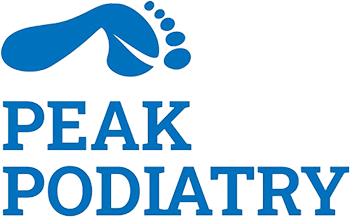
The Impact of Aging on Achilles Tendinopathy: Why Older Adults Are at Higher Risk
Today, we're diving into an important topic for many of our older patients—Achilles tendinopathy and how ageing can increase your risk. Understanding how ageing affects the Achilles tendon can help you take proactive steps to prevent and manage this condition. Let’s explore why older adults are more susceptible and what you can do to stay ahead of the game.
How Ageing Affects the Achilles Tendon
As we age, several changes in our body contribute to an increased risk of Achilles tendinopathy:
Decreased Tendon Elasticity: The Achilles tendon loses elasticity and becomes less flexible over time. This reduction in elasticity makes the tendon more prone to injury as it struggles to absorb and distribute stress during physical activities.
Reduced Blood Flow: Ageing can decrease blood flow to the tendons, including the Achilles. Adequate blood flow is crucial for delivering nutrients and removing waste products, which helps in maintaining tendon health and promoting healing.
Slower Healing Process: With age, the body’s natural healing processes slow down. This means that minor injuries or strains to the Achilles tendon take longer to recover, increasing the risk of chronic tendinopathy.
Weaker Muscles: Age-related muscle weakness can place additional stress on the Achilles tendon. Weaker calf muscles struggle to support and stabilise the tendon during activities, making it more susceptible to overuse injuries.
Why Older Adults Are at Higher Risk
Increased Activity Levels: Many older adults stay active through walking, jogging, or sports. However, if these activities are not balanced with proper conditioning and recovery, they can lead to excessive strain on the Achilles tendon.
Improper Footwear: Wearing outdated or inappropriate footwear can exacerbate the risk of Achilles tendinopathy. Shoes that lack support or cushioning do not adequately protect the tendon from stress and impact.
Pre-existing Health Conditions: Conditions such as diabetes or arthritis can affect tendon health and increase susceptibility to tendinopathy. Managing these conditions effectively is crucial for reducing risk.
Prevention and Management Tips
Maintain a Balanced Exercise Routine: Incorporate low-impact exercises that strengthen the calf muscles and improve flexibility. Activities such as swimming, cycling, and gentle stretching can be beneficial without placing excessive strain on the Achilles tendon.
Invest in Proper Footwear: Choose shoes that provide good arch support and cushioning. Replace worn-out shoes regularly to ensure they continue to offer adequate protection for your feet and tendons.
Warm-Up and Cool-Down: Always start your workouts with a proper warm-up to prepare your muscles and tendons for activity. Similarly, cool down with stretching exercises to help maintain flexibility and reduce the risk of injuries.
Listen to Your Body: Pay attention to any signs of discomfort or pain in your Achilles tendon. If you notice persistent soreness or swelling, consult with a podiatrist to address potential issues before they escalate.
Consult a Specialist: If you have pre-existing conditions or concerns about your risk for Achilles tendinopathy, seek guidance from a podiatrist. They can provide personalised advice and treatment options to help you manage your tendon health effectively.
Conclusion
Ageing does bring about changes that can increase the risk of Achilles tendinopathy, but understanding these factors allows you to take proactive steps in maintaining tendon health. At Peak Podiatry Clinic, we’re committed to helping you stay active and pain-free, no matter your age.
If you have questions or need assistance with managing Achilles tendinopathy, don’t hesitate to reach out. Our team is here to support your foot health every step of the way.
Stay active, stay informed, and take care of your feet!
Ask Robert And His Team
Fill in the form to request a Call From Our Team
Fill in the form to request a Call From Our Team
One of our team will call you for FREE and answer any questions or concerns you may have about your Foot Pain.
One of our team will call you for FREE and answer any questions or concerns you may have about your Foot Pain.
© Copyright 2022. Peak Podiatry All rights reserved.





